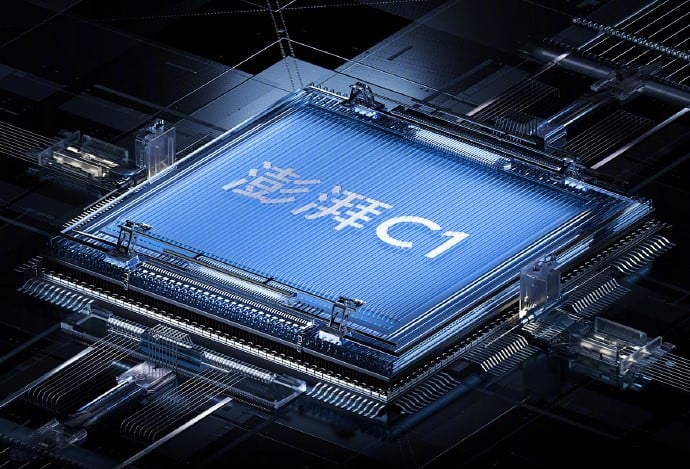The global chip shortage coincided with the coronavirus pandemic in 2020 and had seen several layers of dislocations in the supply chain globally. It however seems that chipmakers are gradually coming over the shortage with a raft of measures across the production chain. This has seen the expansion of existing capacities and outright building of new chip production processes.

Chinese company Phytium is changing its industrial and commercial registration by adding some heavy hitters like Alibaba, Baidu’s Dazi Bairuixiang Venture Capital Management Company, and China Internet Investment Fund as part of its investors. The company’s registered capital has also increased from 667 million yuan ($104 million) to 749 million yuan ($116.8 million). The new investment alignment will help Phytium to focus on its core area of producing homegrown core chips as the global market continues to boom. According to recent reports, the global artificial intelligence chip market could reach a massive $72.6 billion from its current estimate of $11 billion.
Alibaba and Baidu already have some interests in chipmaking, as both companies have subsidiaries that are focused on chip development. The two companies are just part of a large number of internet giants that are pursuing chip development as part of their business model. Baidu has the Kunlun Chip arm, while Alibaba has the T-Head Semiconductor Co., Ltd with the task of pursuing research and development, as well as the strategic layout of chips.
The new partnership in Phytium is expected to drive the expansion and development of chipmaking capacity in the company to meet local demand and even serve the overseas market.
RELATED:
- Alibaba-backed AutoX starts testing driverless robotaxis in China
- Alibaba & JD.com hint the U.S. was the top seller of goods to China during Double 11
- Alibaba DAMO institute develops new ISP with 10% better night image recognition for self driving vehicles
(source)







